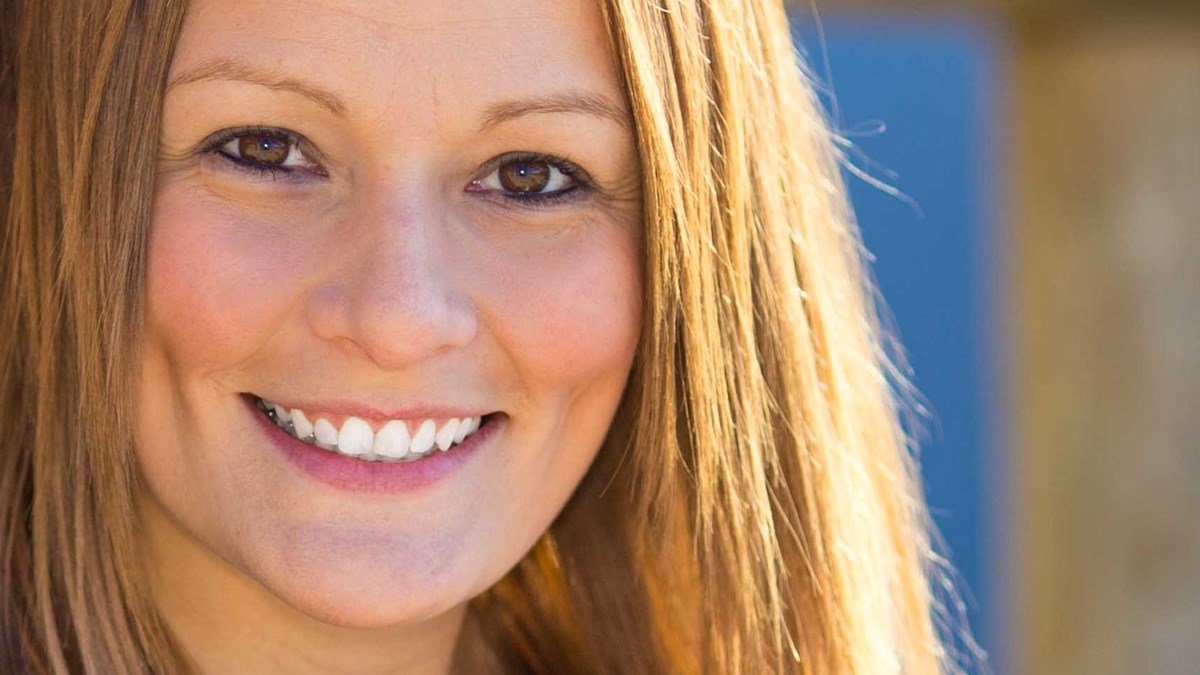Danielle Doll, Ph.D.

“The Clinical Immersion Program was one of the most memorable experiences during my time at WVU. The program provided me with the experience to follow a stroke patient from the time he arrived in the ER to the time he spent in outpatient rehab.”
What is your current position and the focus of your research?
As a Medical Science Liaison, my therapeutic area of focus is Multiple Sclerosis and Neurology.
How did the WVU Neuroscience Graduate Program prepare you for your postdoctoral studies and beyond?
The interdisciplinary Neuroscience Graduate Program at WVU provided me with the skills to conduct basic research and the insight to design clinically relevant experiments. The emphasis on translational research I studied at WVU influenced me to find the clinical relevance of every data point and to talk about the data in a clinically relevant way. This was to ensure effective translation and to increase the public health impact of basic science discoveries. Effective communication and discussing data in a meaningful way is imperative to be a successful Medical Science Liaison.
What advice would you give to someone getting their Ph.D. in Neuroscience at WVU?
First and foremost, have fun and enjoy the process. Don’t let failed experiments be discouraging — you can still learn a lot from them. Learn from the negative results and the mistakes you will make because what you perceive as a failure now will guide your decision making in the future.
What was your favorite experience or best memory during your time in the Neuroscience Graduate Program at WVU?
The Clinical Immersion Program provided to the Behavioral and Biomedical Sciences Training Grant trainees was one of the most memorable experiences during my time at WVU. The program provided me with the experience to follow a stroke patient from the time he arrived in the ER to the time he spent in outpatient rehab. My time spent with the stroke patient made me realize the unknown issues that physicians face every day when they treat patients and it motivated me to contribute to the scientific advancement to help solve some of these unknown issues.
What, if anything, would you have done anything differently while a student?
If I could change anything, I would have sought out more opportunities to present my data and to teach. Being able to communicate your data is essential for success. So, present your work a lot and to different audiences to gain experience in tailoring your message. Regarding teaching, I find myself reading more about how to communicate and how to train individuals effectively as my career matures. Teaching, mentoring or training all give you valuable skills that you will need and use as your career advances.